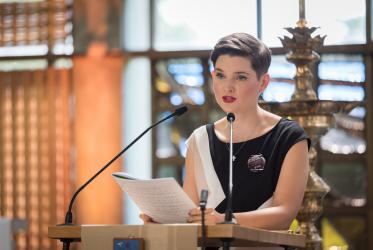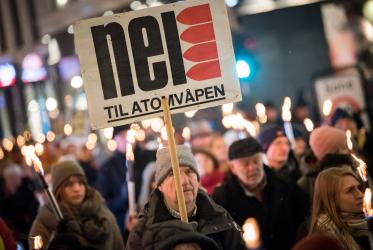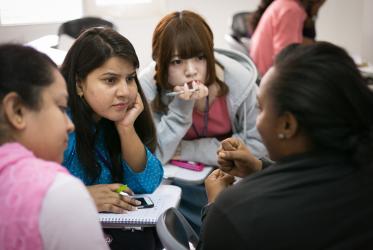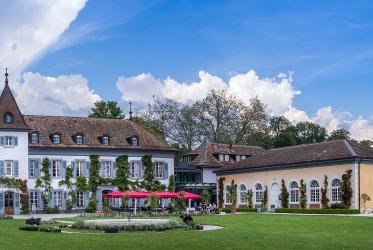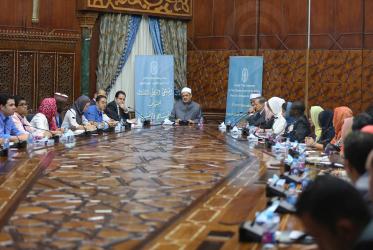Displaying 1 - 20 of 46
11 September 2023
WCC offers input to the UN New Agenda for Peace
13 April 2023
Applications open for upcoming Young Adults Training for Religious Amity
15 September 2022
In Korea, young ‘stewards of hope’ forge ahead together
19 September 2019
A passionate Korean feminist and ecumenist
21 August 2019
Paving the way for ecumenical studies, learning English in Bossey
24 September 2018
Unifying faiths in peace and harmony through dialogue
10 April 2018
Trying to do good for the world
18 December 2017
Peacemaking “a great and compelling life task”
09 December 2017
We are called to work on a peace built on trust, not power
04 August 2017



